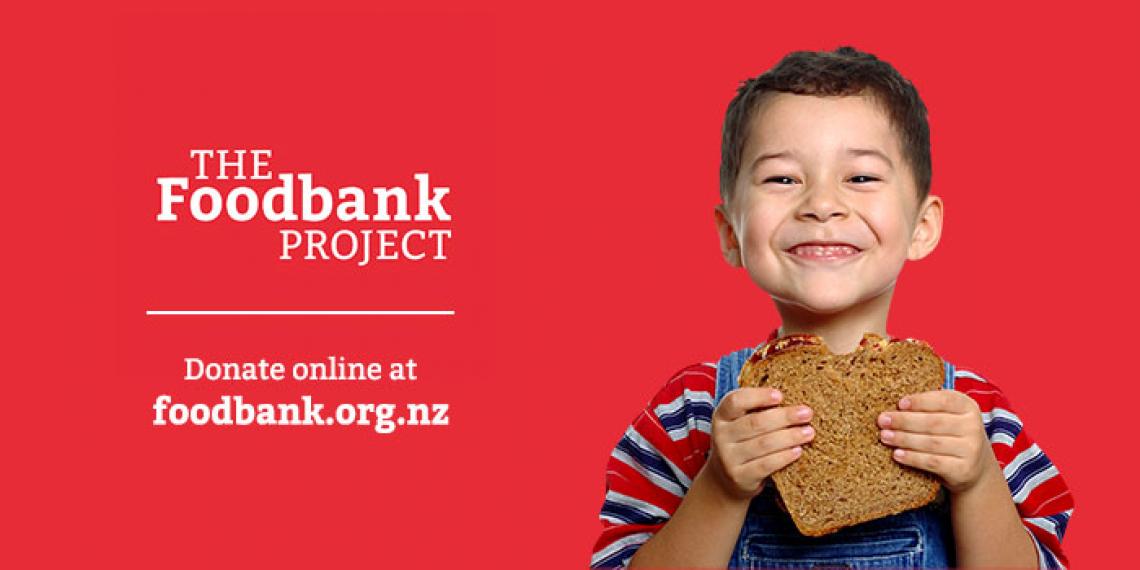You are here
Online Foodbank a New Zealand first

A Nelson web developer, a supermarket and a charity have teamed-up to create the country’s first virtual food bank.
The Foodbank Project involves web developer Lucid, The Salvation Army and Countdown supermarkets, and enables food to be quickly, easily and securely donated online to fill Salvation Army food parcels.
The project was launched as a three-month pilot on 1 September and, despite minimal promotion, resulted in almost 3000 grocery items, worth around $8000, being donated to the Army’s Royal Oak Community Ministries in Auckland.
This success has meant the project is now being rolled out nationally to benefit the many families and individuals seeking help from Salvation Army foodbanks in Auckland, Hamilton, Wellington, Christchurch and Dunedin.
In the year to September, The Salvation Army distributed almost 54,000 food parcels, a 7.6 per cent increase on the previous year.
“Meeting this level of demand always proves to be a tough challenge but The Foodbank Project looks set to make a significant contribution,” says The Salvation Army’s head of social services Major Pam Waugh.
People can visit www.foodbank.org.nz, select from a list of the most-needed grocery items or and make a donation to cover the cost of a whole bundle. Donations can be made as a one off, or for those wanting to give more, be set up as a recurring purchase.
Countdown, who is involved in the project on a not-for-profit basis, delivers the donated items to the nearest participating Salvation Army food bank through their online shopping network.
Countdown’s acting Managing Director, Pat McEntee says “This is an innovative extension of our Food Rescue Programme which has been running for five years and last year saw us donate more than $3.5m of food to food banks to help New Zealanders in need.”
The Foodbank Project website is the brainchild of Lucid director Galen King. A regular donor to food banks, he considered that New Zealanders would give more—and those in need gain greater benefit—if a simpler, streamlined way of donating could be devised.
The most donated items so far are canned diced tomatoes, followed by pasta sauce, baked beans and pasta.